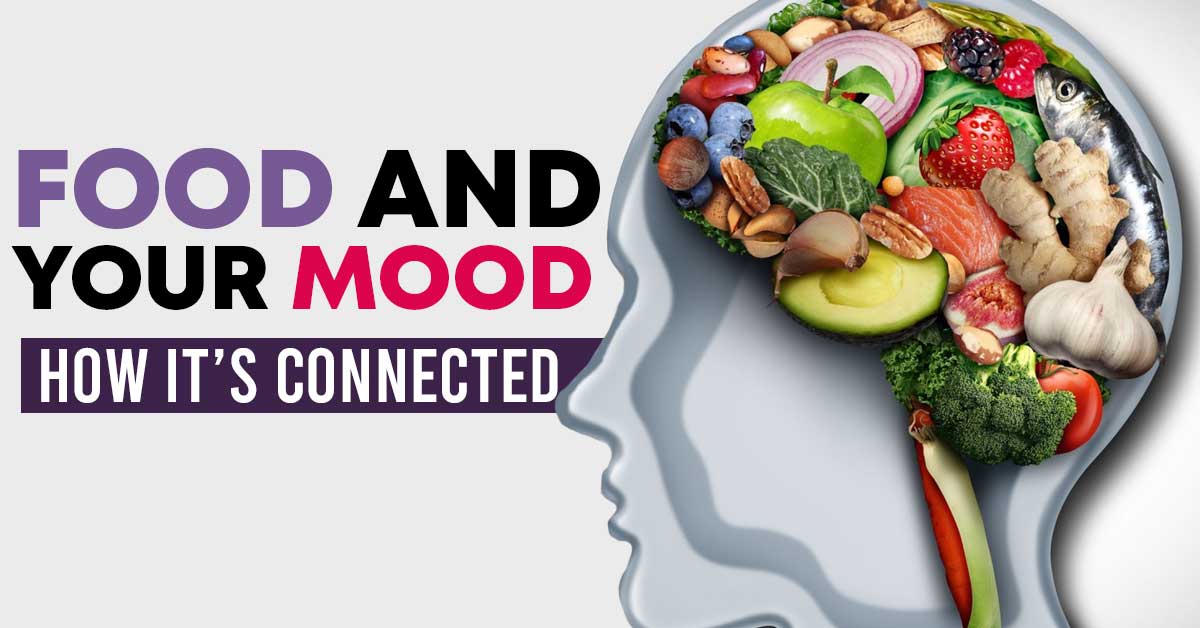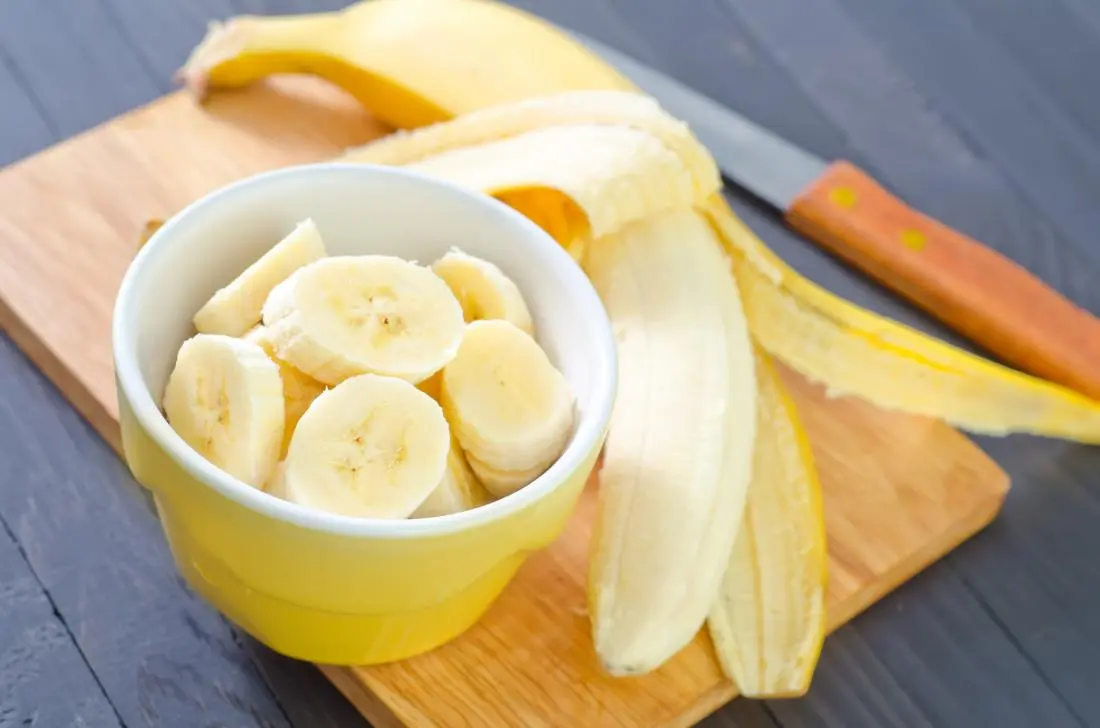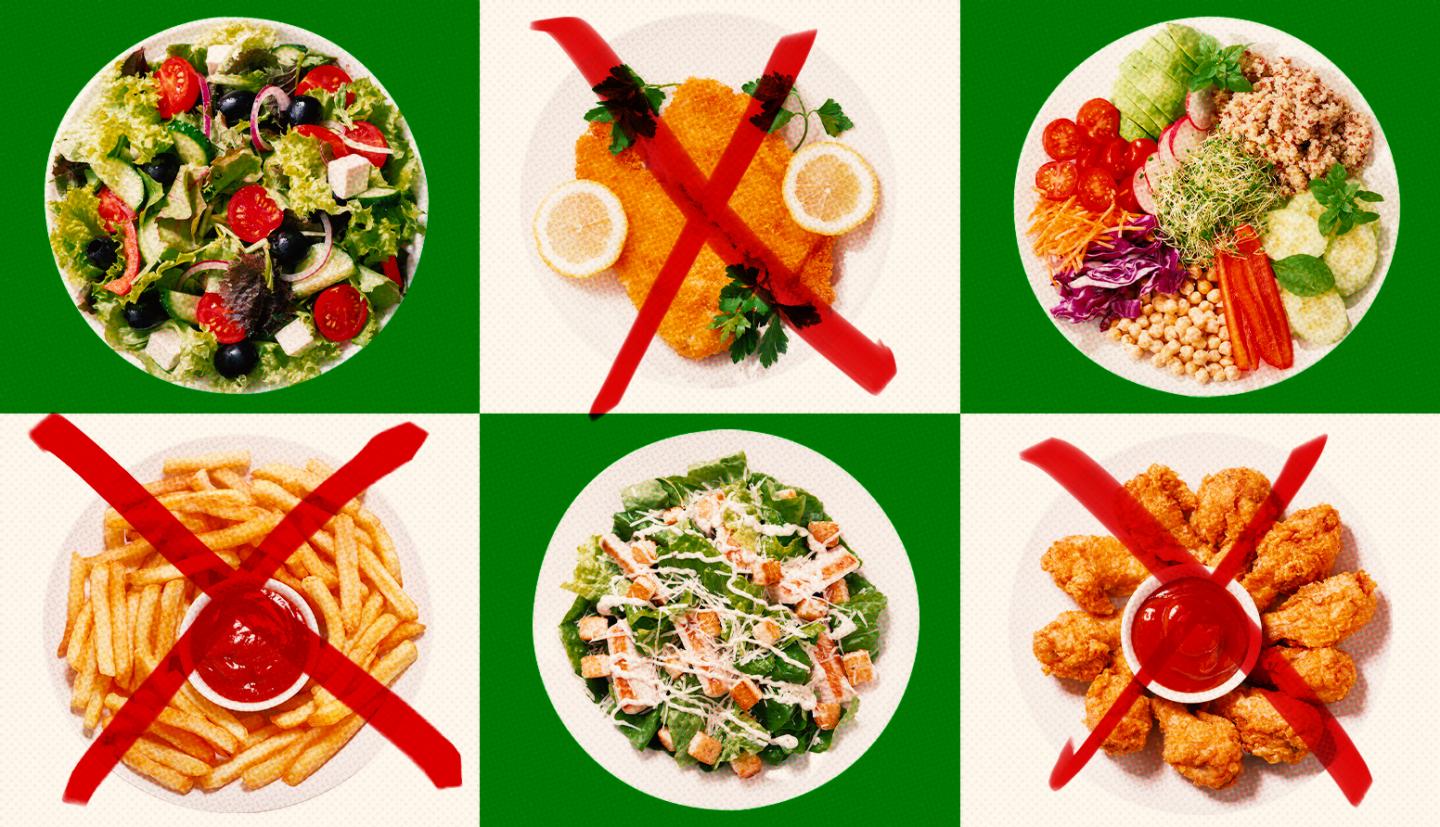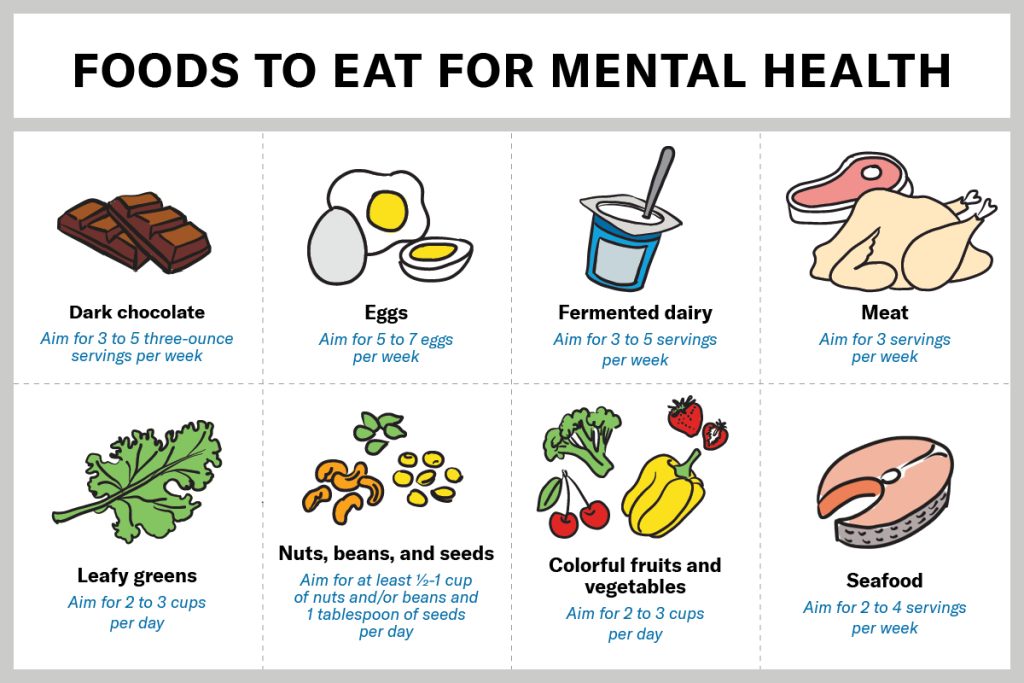Ever notice how a tough day can feel just a little bit better after a satisfying meal? It’s not just your imagination. The connection between what you eat and how you feel is real and backed by a growing body of scientific research. Certain foods can genuinely impact your emotional wellbeing by influencing everything from your brain chemistry to the health of your gut.
Making conscious food choices is about more than just physical health; it’s a powerful form of self-care that supports your mental and emotional resilience. By understanding this link, you can start making small, effective changes to your diet that support a more stable and positive mood. It’s a key part of practicing mindful eating, where you become more aware of how food affects your entire being.
How Food Affects Your Mood
Your brain works around the clock, and it requires a constant supply of fuel from the food you eat. The quality of that fuel makes a significant difference. A diet rich in vitamins, minerals, and antioxidants nourishes the brain and protects it from oxidative stress—the cellular damage that can contribute to mood disorders.
Think of neurotransmitters like serotonin and dopamine. These are chemical messengers in the brain that play a huge role in regulating happiness, pleasure, and overall mood. Your body can’t produce them out of thin air; it needs specific building blocks, like amino acids and vitamins, which come directly from your diet. For instance, the amino acid tryptophan is a precursor to serotonin. Without enough of it, your brain can’t produce the serotonin it needs to keep your mood balanced. Similarly, unstable blood sugar from refined carbs and sugars can lead to irritability and emotional swings.

The Gut-Brain Connection
Have you ever had a “gut feeling”? That’s the gut-brain axis at work. Your digestive tract is home to trillions of bacteria, collectively known as the gut microbiome. This intricate ecosystem communicates directly with your brain, influencing your mood, stress response, and even your thoughts.
In fact, about 95% of your body’s serotonin is produced in your gut. A healthy, diverse microbiome helps ensure this production line runs smoothly. When the balance of good bacteria is disrupted by a poor diet, it can lead to inflammation and reduced neurotransmitter production, which researchers have linked to higher rates of depression and anxiety. Nurturing your gut health is one of the most direct ways to support your mental health.
Key Nutrients for Mood Enhancement
Several specific nutrients are superstars when it comes to boosting your mood. Focusing on getting more of these in your diet can make a noticeable difference.
- Omega-3 Fatty Acids: These healthy fats are crucial components of brain cell membranes and have strong anti-inflammatory properties.
- Tryptophan: An amino acid that the body converts into serotonin.
- B Vitamins (B6, B12, Folate): They play a vital role in producing dopamine and serotonin and can help lower the risk of depression.
- Magnesium: This mineral is essential for nerve function and is known to have a calming effect on the nervous system. Low levels are often linked to anxiety.
- Antioxidants: Compounds like flavonoids and polyphenols protect the brain from cellular damage and inflammation.
Now, let’s look at the specific foods where you can find these powerful nutrients.
1. Fatty Fish Rich in Omega-3s
Fish like salmon, mackerel, and sardines are packed with two types of omega-3 fatty acids: EPA and DHA. Both are vital for brain health. Studies from sources like Harvard Health Publishing show that people who consume omega-3s regularly may have lower rates of depression. These fats help reduce inflammation and play a role in brain cell structure and signaling. Aim for at least two servings of fatty fish per week.
2. Fermented Foods and Probiotics
To support that gut-brain connection, turn to fermented foods. Yogurt (with live cultures), kefir, kimchi, and sauerkraut are excellent sources of probiotics—the beneficial bacteria that promote a healthy gut. A balanced gut microbiome is linked to lower levels of anxiety and improved mood, thanks in large part to its role in serotonin production.
3. Leafy Green Vegetables
Spinach, kale, and other leafy greens are nutritional powerhouses. They are rich in folate (a B vitamin) and magnesium. Research has linked low folate levels to depression, as it’s essential for producing mood-regulating neurotransmitters. Magnesium is also one of the key nutrients in many foods to relieve stress. Tossing a handful of spinach into your smoothie or adding kale to a stir-fry are easy ways to get more.
4. Nuts and Seeds
Almonds, walnuts, and pumpkin seeds are excellent sources of tryptophan, the amino acid needed to make serotonin. Walnuts are also a great plant-based source of omega-3s. Just a small handful provides healthy fats, fiber, and protein that help keep your energy and mood stable. They are a perfect snack to keep you going between meals.
5. Bananas for Natural Mood Support
Bananas are a triple threat for mood support. They contain vitamin B6, which helps convert tryptophan into serotonin. They also provide natural carbohydrates and potassium. The combination of fiber and natural sugar helps stabilize blood sugar levels, preventing the energy crashes that can make you feel irritable and tired. This makes them one of the best foods which give you energy in a sustained way.

6. Berries High in Antioxidants
Blueberries, raspberries, and strawberries are loaded with antioxidants called flavonoids. These compounds help fight oxidative stress in the body, an imbalance that is linked to depression and other mood disorders. Adding a cup of mixed berries to your yogurt or oatmeal is a delicious way to protect your brain health.
7. Dark Chocolate Benefits
Good news for chocolate lovers! Dark chocolate (70% cocoa or higher) contains compounds that can boost your mood. It’s a source of antioxidants and has been shown to stimulate the production of endorphins, the brain’s feel-good chemicals. Just be mindful of portion sizes—a small square is all you need to reap the benefits without overdoing the sugar and calories.
8. Whole Grains and Complex Carbohydrates
Unlike refined carbs that cause blood sugar spikes and crashes, complex carbohydrates like oats, quinoa, and sweet potatoes release energy slowly. This helps stabilize your mood and provides a steady source of fuel for your brain. They are also a good source of fiber, which feeds the healthy bacteria in your gut.
9. Beans, Lentils, and Legumes
An excellent plant-based source of protein and fiber, beans and lentils are also packed with mood-boosting nutrients like folate, magnesium, and iron. These nutrients are essential for producing dopamine and serotonin. They are a fantastic, budget-friendly addition to soups, salads, and main dishes.
10. The Mediterranean Diet for Mental Health
Instead of focusing on single foods, the Mediterranean diet offers a holistic approach to eating for mental wellness. This dietary pattern emphasizes fruits, vegetables, whole grains, fatty fish, and healthy fats like olive oil. Numerous studies have shown that following a Mediterranean diet is associated with a significantly lower risk of developing depression. It naturally incorporates many of the mood-boosting foods on this list into sustainable eating habits and an enjoyable lifestyle..
Foods to Limit or Avoid
Just as some foods can help your mood, others can have a negative impact. Ultra-processed foods, sugary drinks, and refined carbohydrates can contribute to inflammation and disrupt your gut microbiome. These are often considered foods that cause stress on your body and mind. While an occasional treat is perfectly fine, a diet high in these items can lead to energy slumps and mood swings. Limiting them can be as important as adding in more of the beneficial foods.

Building a Mood-Boosting Meal Plan
Putting it all together doesn’t have to be complicated. The goal is progress, not perfection. Planning ahead with healthy meal prep can make it easier to consistently choose mood-boosting foods throughout your week.
- Breakfast: Start your day with oatmeal topped with berries and a sprinkle of walnuts. This combination of fiber, antioxidants, and healthy fats provides sustained energy. If you’re looking for more ideas, check out our guide to the best breakfast foods for energy.
- Lunch: A large salad with leafy greens, grilled salmon or chickpeas, and a drizzle of olive oil.
- Dinner: A hearty lentil soup or a stir-fry with a variety of colorful vegetables and a side of quinoa.
- Snacks: An apple with almond butter, a small handful of seeds, or a banana.
Small, consistent changes can lead to big improvements in how you feel. At Not One Type, we believe that nourishing your body is a foundational part of personal growth and wellbeing. For more insights on building a healthy lifestyle, explore our resources at Not One Type.


Có thể bạn quan tâm
Healthy Eating on the Go: Simple Strategies for Busy Lifestyles
Maintaining nutritious eating habits while managing a hectic schedule can feel overwhelming, but healthy eating...
Dec
Healthy Snack Ideas for On the Go: Easy Portable Options for Busy Lifestyles
Finding nutritious snacks that travel well can transform your daily routine and help you maintain...
Dec
How to Build Sustainable Eating Habits: A Guide to Healthier Living and a Greener Planet
Sustainable eating habits involve choosing foods that support both personal health and environmental wellbeing. It’s about...
Dec
Healthy Grocery List: Complete Guide + Printable Template
Creating a healthy grocery list is one of the most effective first steps you can...
Dec
Healthy Grocery List for 2: Complete Guide to Smart Shopping and Meal Planning
Shopping for two people requires a strategic approach to avoid waste while maintaining a healthy...
Dec
How to Stock a Pantry: Your Complete Guide to Essential Kitchen Staples
A well-stocked pantry is the heart of a happy, efficient kitchen. It’s your secret weapon...
Dec